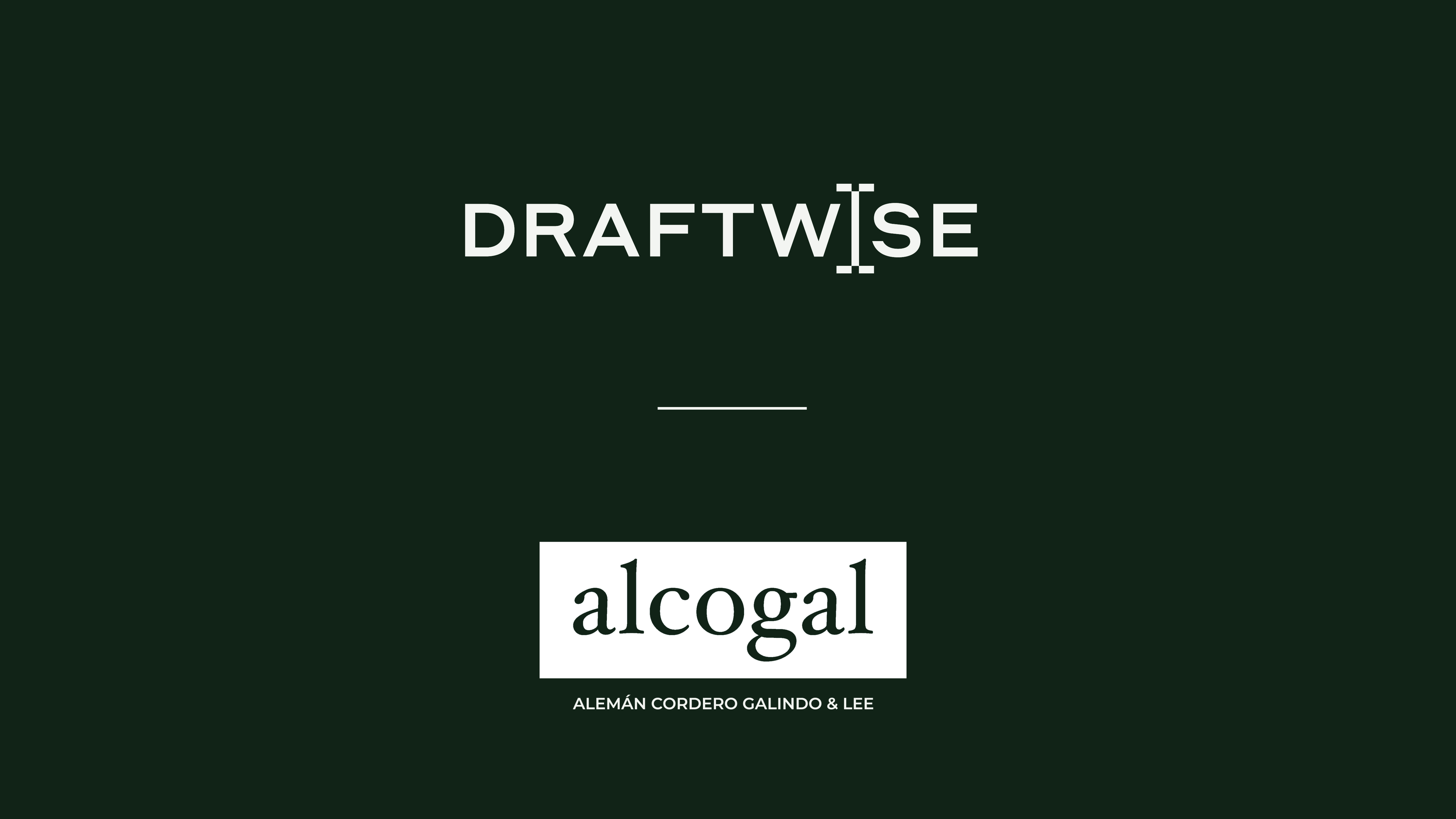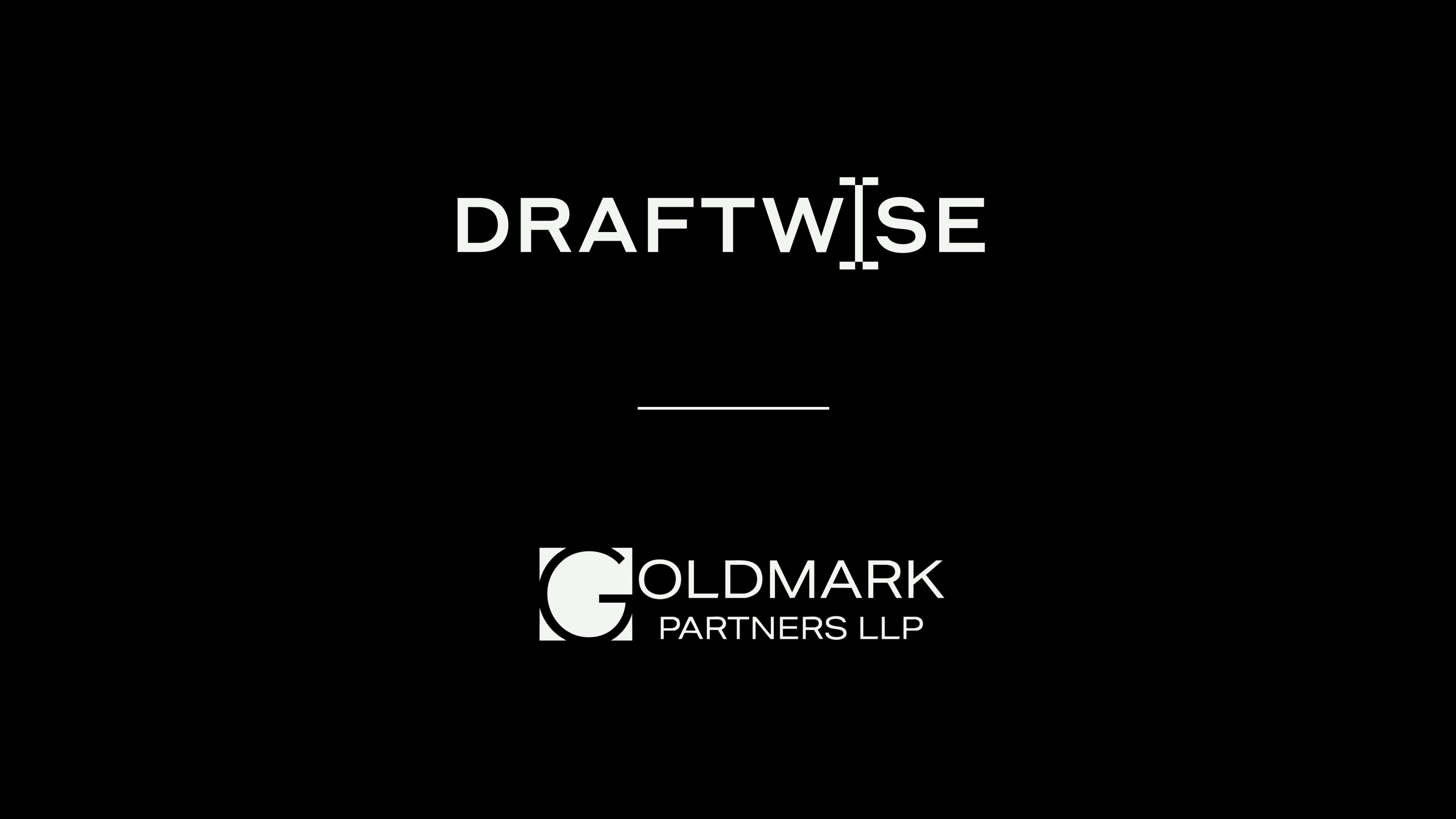What we learned at ILTACON: The next chapter for legal AI?
As experiences with AI technology becomes more in depth and widespread, the legal world’s mindset on AI is evolving. Long-term goals and the bigger picture—such as adoption and expected ROI impacts—are becoming clearer.
.avif)
Last week, the DraftWise team attended the International Legal Technology Association’s annual educational and networking conference in Nashville. This year’s ILTACON brought together thousands of attendees from around the world for learning, panel discussions, hands-on training, and intimate networking sessions – creating a prime opportunity to take the pulse of the legal community.
The DraftWise team attended with expertise spanning across machine learning, AI, business development, and legal. The team’s takeaways aligned around a central understanding: the legal community is entering a new chapter marked by an increased exposure to and understanding of legal technology.
As experiences with AI technology becomes more in depth and widespread, the legal world’s mindset on AI is evolving. Long-term goals and the bigger picture—such as adoption and expected ROI impacts—are becoming clearer.
Gaps still exist in attorney workflows
Over the last several years, the variety of technology available in legal has expanded at a rapid rate. Despite increased interest in the exploration of and purchasing of cutting-edge technology, many attorneys still stick to manual processes.
The adoption of legal technology for day to day tasks is an ongoing, and uphill, climb. Attorney workflows are still marked by desktop folders of saved clauses and browser bookmarks. Firms and legal teams have deep banks of deal history and relevant knowledge, but knowledge management teams still struggle to consistently connect that knowledge with the right users, at the right time, and in the right place.
The continued gap between available technology and the daily habits of practicing attorneys shows that technology still has a ways to go in the journey to fully integrate into legal workflows. For the legal industry to truly benefit from the advantages of new tools, technology providers need to build with an understanding of how and where lawyers work. Only tools built with a deep level of understanding of needs across knowledge management, IT departments, and end users will enable widespread and long lasting adoption.
The legal industry is still learning
The legal industry is still learning what makes up meaningful technology. Core industry conversations around accuracy, build versus buy, and data security are rapidly evolving as legal teams gain lived experiences with a variety of technology approaches.
Legal technology expands human knowledge
LLMs have unlocked tremendous value for lawyers. They are uniquely fit for navigating and surfacing insights from the large language data pools that make up a firm’s and legal team’s deal history. These capabilities complement the human ability to rationalize and strategize. However, the legal world is still figuring out how to best pair the strengths of AI with those of human knowledge.
Legal technology has proven to be a powerful driver for repetitive processes such as clause discovery and redlining. This ability to improve efficiency in time consuming manual processes opens the door for attorneys to shift their time to unique knowledge projects. In a recent interview with Law 360, DraftWise CEO and co-founder, James Ding, surfaced the distinction between the unique value of an AI drafting assistance tool and attorneys themselves:
“the process of drafting documents and trading redlines becomes the act of implementing strategy and counsel, [a] legal team's primary value does not lie in the creation of the documents — it's the thought behind them.”
Despite this distinction, concerns over job security and a future made up of ‘AI lawyers’ still remains top of mind in industry conversations.
Defining the opportunities and limitations of AI
As firms and legal teams discover, pilot, and purchase new legal technologies, the opportunities and limitations of AI develop from hunches to lived experiences.
AI is a powerful tool for discovery, summarization, and review processes. However, it does have limitations. Leaders of AI adoption within firms and legal teams need to understand where the capabilities of the technology begin and end. Senior NLP Engineer, David Smythe, at DraftWise shares where LLMs face limitations:
“It’s a well-documented observation that LLMs struggle with complex math and abstract reasoning, to the great amusement of ChatGPT users everywhere. This “misbehavior,” though it can be mitigated somewhat with fine-tuning and building bigger models with more data, is actually a fundamental feature of how these models operate.”
Solutions that are white labeled, ChatGPT wrappers are especially prone to misbehavior as they are not fine-tuned to consider precedent-based language. To benefit from the full capabilities of AI, firms and legal teams need solutions that applies gold-standard language, client preferences, and best practices.
Trust is essential
Legal teams and attorneys will not use what they don’t trust. To stand out in the concentrated legal technology space, tools need to consistently prove that they are accurate, reliable, and useful.
ILTACON 2024 affirmed that firms and legal teams are willing to invest and experiment with new tools, with the goal of learning how to best apply AI technology. Top global firms such as Orrick and Mischon de Reya, among others, are deeply invested in the early-stage tech ecosystem, touting firm-led incubator programs to learn about the “what’s possible” and elevate builders in legal.
The future of LegalTech: purpose-built solutions
As firms and legal teams gain more experience with and exposure to legal AI technology they learn what works and what doesn't.
Many firms and legal teams feel that while AI holds great promise, its delivery has failed to meet their specific needs and promised value. The issue isn't the capability of AI itself, but rather how it’s applied. Many AI solutions on today’s market miss the mark because they are not built to solve specific pain points.
Legal processes are inherently built on precedent. Legal technology that doesn't align its build with this principle will struggle to provide lasting value to firms, legal teams, and end users. The market is crowded with generalized solutions, but firms and legal teams are discovering that these models don’t translate the value of their deal history.
Leverage your deal history for lasting value
With DraftWise, effortlessly navigate your deal history directly in Microsoft Word. Transactional attorneys ranging from top global firms – the Vault10, AMLaw 100, Magic Circle, and Seven Sisters – to in-house teams at Fortune 50 companies, use DraftWise every day. Learn more about DraftWise’s purpose-built solution here.
.avif)



.avif)